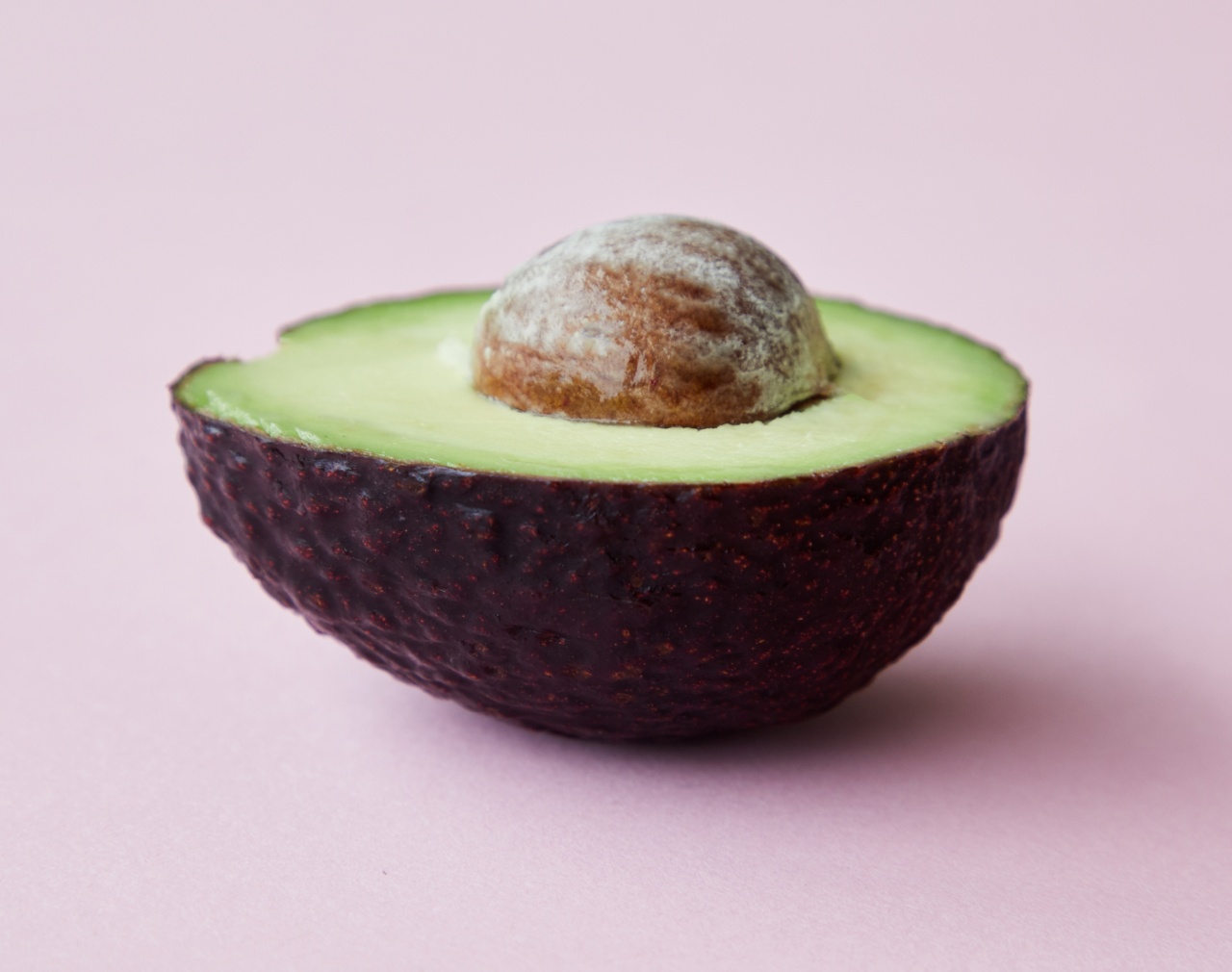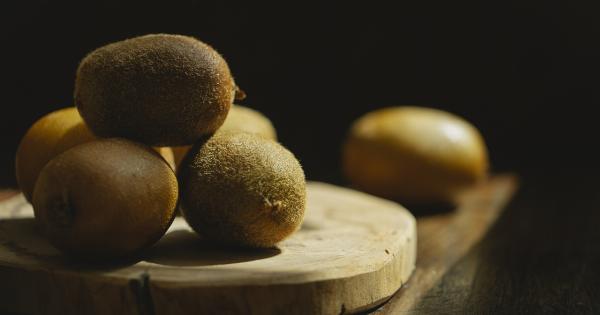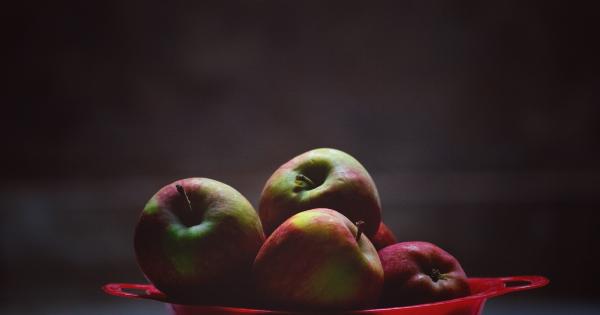When you hear the word “protein,” it’s easy to think of meat, fish, and eggs. But if you’re a vegetarian or vegan, getting enough protein can be a challenge.
The good news is that there are plenty of vegetarian protein sources that can help fuel your body and keep you feeling full. Here are some of the best vegetarian protein sources you should know about.
1. Quinoa
Quinoa is a popular grain that contains all nine essential amino acids, making it a complete protein. Plus, it’s packed with fiber and other nutrients, so it’s a great addition to any vegetarian diet.
You can use quinoa as a base for salads, stir-fries, or even as a substitute for rice.
2. Lentils
Lentils are a type of legume that are high in protein and fiber. They come in a variety of colors, from green to red to brown, and can be used in soups, stews, or salads. Lentils are also a good source of iron and other important nutrients.
3. Tofu
Tofu is made from soybeans and is a versatile vegetarian protein source. It’s low in calories but high in protein, and can be used in stir-fries, soups, or even as a substitute for meat in sandwiches or burgers.
Just be sure to choose organic, non-GMO tofu to avoid any harmful additives.
4. Chickpeas
Chickpeas, also known as garbanzo beans, are another protein-packed legume. They can be used in hummus, salads, or even roasted as a snack. Chickpeas are also a good source of fiber, iron, and other important nutrients.
5. Spinach
While spinach may not be the first thing that comes to mind when you think of protein, it actually contains a surprising amount. This leafy green vegetable is also rich in iron, calcium, and other important nutrients.
Add spinach to salads, smoothies, or stir-fries for a protein boost.
6. Nuts
Nuts, such as almonds, cashews, and peanuts, are a great source of vegetarian protein. They also contain healthy fats and other important nutrients, making them a great snack or addition to salads or baked goods.
7. Seeds
Seeds, such as chia, flax, and pumpkin seeds, are another great source of vegetarian protein. They can be added to smoothies, oatmeal, or baked goods for a protein boost. Seeds are also rich in healthy fats and other important nutrients.
8. Greek Yogurt
While regular yogurt may not be high in protein, Greek yogurt is a different story. It’s packed with protein and also contains probiotics, which are beneficial for gut health.
Greek yogurt can be used as a healthy substitute for sour cream or as a base for dips and dressings.
9. Edamame
Edamame, or young soybeans, are a great vegetarian protein source. They can be boiled or steamed and make a healthy snack or addition to salads or stir-fries. Edamame is also rich in fiber and other important nutrients.
10. Nutritional Yeast
Nutritional yeast is a type of yeast that’s commonly used in vegan dishes as a substitute for cheese. It’s also a great source of vegetarian protein, as well as other important nutrients like B vitamins.
Nutritional yeast can be sprinkled on popcorn, salads, or used as a seasoning for soups and stews.





























